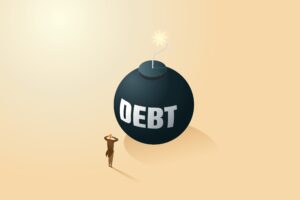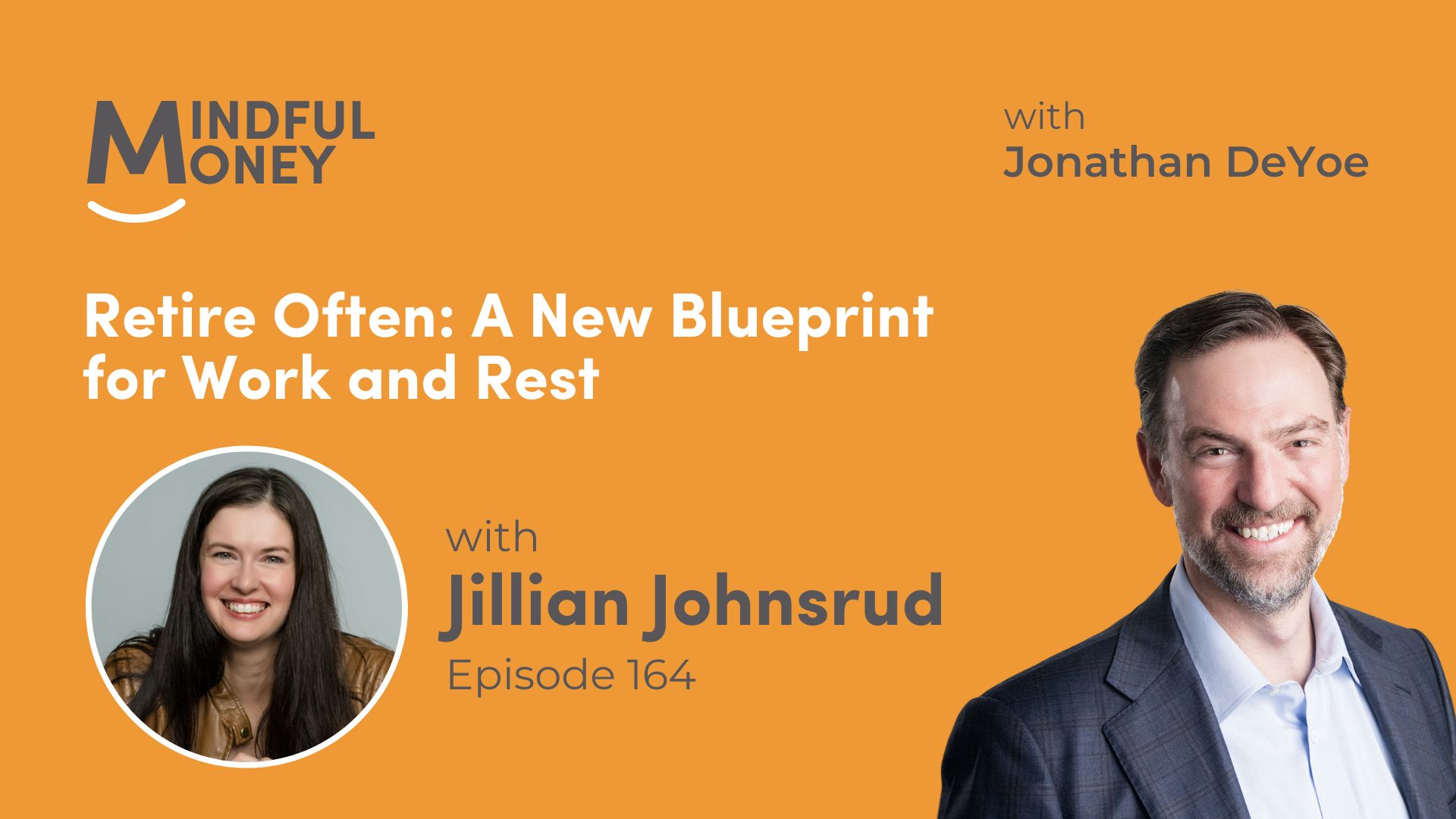My son, Eli, gave his mom a meme subscription for her B-day. His promise was simple; he would scour the Internet and send her a meme each day for the entire year. I think it lasted 3 weeks before he missed the first day and then it slowly crumbled from there.
Eli quickly discovered that memes are everywhere around us. They vary from a hilarious surface scratch to a funny but thought-provoking statement about our culture. Some are truly momentary – they are only funny in passing and once you grasp it, it does not hold your interest. Some require a specific mindset going in. Some are only funny because they are soo stupid. Many aren’t funny at all.
It is impossible to tell beforehand when one will take off, how far it will go, when interest may dissipate, or how quickly will it collapse?
Memes are unpredictable. As investments, meme-stock risks are unmanageable.
Meme stocks, by definition therefore, are NOT investments – they are speculations. One will either double (or more) one’s money – if you get out in time and don’t succumb to your own greed – or lose it all (or more) in too short a period of time to qualify as an “investing” time-horizon.
Of course, meme stocks are exciting on the way up. The more quickly the price changes, the more quickly headlines are written, the more people are attracted to the meme, the more follow-up headlines, the more buyers step in to support the price and push it upwards…. What matters is the multiplier: the number of journalists and bloggers writing headlines and just folks spreading the craze times the number of people who might get drawn into the meme. The more people drawn in, the more damage will ultimately be done when the meme reverts.
Note what does NOT matter – any actual assessment of “value.” No one engaged in the meme stock cares about the underlying business or commodity and its place in the world. They are buying the meme, not the investment itself.
#Gamestop reported earnings earlier this week. They were… meh. They did better than expected in some ways, worse than expected in others. In no way did the earnings report explain or justify the silliness of the #GME trades over the last couple of months. On the obligatory earnings conference call, they spoke of the business (the selling of video games and gaming consoles), which they hope is having a renaissance, though who knows how possible that is – not me. The CEO didn’t speak to the craziness (though everyone wanted to hear about it). They announced a new COO. The business continues to try. The meme persists a little, though it does feel like most of the wind is out of this meme’s sail.
Warren Buffet posited 3 different places to put money:
1. Cash – The place we store capital for future use.
2. Speculation – Assets purchased in the buyer’s hope/belief that someone else will pay more for them in the future regardless of any measurable productive value of the asset itself (Tulips in the 17th Century; Gold anytime; dot.com stocks in 1999; Real Estate in 2007; Meme stocks in 2021).
3. Investing – Productive Assets – businesses, farms, real estate. They organize and control input costs; they create distribution and sales networks and they net a profit. They invest in the expansion of that profit in a controlled manner over time. There is a high probability of a consistent expansion of purchasing power over time. There is almost no chance of large fast returns. Investing… is boring.
Meme stocks fit fully into the second category. They are not a path to wealth or financial freedom. If you aren’t already on the path to wealth and financial freedom, they are distracting you from the right path. The distractions keep you trapped in a market-focused and performance-driven world.
You cannot make better market-timing decisions or investment selection decisions that accrue higher returns in a predictable or consistent way (that is the distraction; that is the lie). To turn the corner you must first stop predicting.
Once you stop predicting, you can start planning. And, it turns out that a goal-focused and planning-oriented process offers levers that actually work to bring you closer to wealth and/or financial freedom.
Stop Predicting. Start Planning. Stay Mindful.





